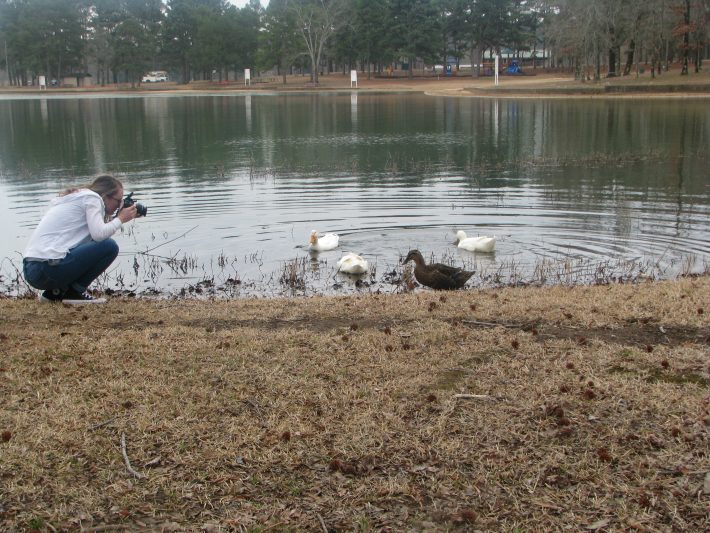Cornell Lab of Ornithology Press Release
A new study emerging from the Cornell Lab of Ornithology delves into exactly what kind of nature excursions can benefit our sense of wellbeing, using data gathered during the Covid-19 pandemic.

A new Cornell Lab of Ornithology study has taken a closer look into what kind of nature experiences were associated with a greater sense of wellbeing during the Covid-19 pandemic. The findings, published in People and Nature suggests that enjoying local nature achieved the greatest sense of wellbeing, compared to more intense excursions or nature experienced through media.
The study highlights the importance of nature being easily accessible and placed nearby local communities. Those who participated in further away, more intense nature excursions reported higher levels of loneliness and poor mental health.
The authors surveyed over 3000 United States residents in October 2020, six months after the pandemic had begun, whilst many lockdowns were still in place. People were asked to rate their levels of loneliness, repetitive negative thoughts, mental wellbeing and how emotionally affected they were by the pandemic.

The answers were then analysed alongside the frequency of which respondents participated in three types of nature engagement during the pandemic:
- Nearby nature: activities close to home, for example, taking a walk, birdwatching or gardening.






